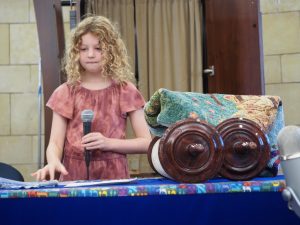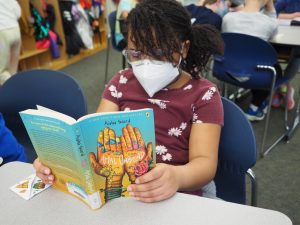There is nothing new about book banning. As early as the 13th century, books have been censored by totalitarians seeking to oppress free speech. In 1933, Nazis burned books, many written by Jewish intellectuals, at libraries and universities. Isn’t it erie to see book bans are taking place today, 90 years later, at libraries and schools, some in our own metro area?
Next week’s Banned Book Week is worthy of our attention. Reading is fundamental to learning. Books define and memorialize our history.
They share stories that ensure the errors of the past are not repeated. Nobody understands the power of a story better than the Jewish people who have read the same stories aloud three times a week, year after year for millenia.
As Maus, Night, TheDiary of Anne Frank and other literature about the Holocaust are challenged, people will lose access to the voices of the oppressed, allowing misrepresentations to seep into popular culture. Of course book bans also target authors who address race, sexuality and gender in their writing. Research shows that introducing children to literature that provides both a “mirror” and a “window” helps them gain perspective, develop empathy and think critically.

At Mirowitz, we structure learning so that our students read literature with content that both mirrors their own identities and opens a window into the experiences of folks of divergent identities.
We read in English and in Hebrew. We engage with challenging sacred texts for the sake of empathizing with diverse characters, identifying conflicting values, and raising spiritual and moral questions that we can apply to our lives. My predecessor, Cheryl Maayan, wrote last year about the importance of reading books that broach on uncomfortable topics. She said, “We allow your children — safely and in a controlled setting — to grapple with discomfort because the grappling itself is essential for learning. Doing so allows them to engage with reading on an intellectual level, to develop their own perspectives, and to understand the world they will be leading one day.” I could not agree more.
This weekend, take time to read with your children, and to read what they read. Most importantly, talk with them about books, their purpose and their importance.
Let’s raise them to be Jewish leaders who will press for the freedom to share writings without censorship.
L’Shalom,
Morah Raquel

